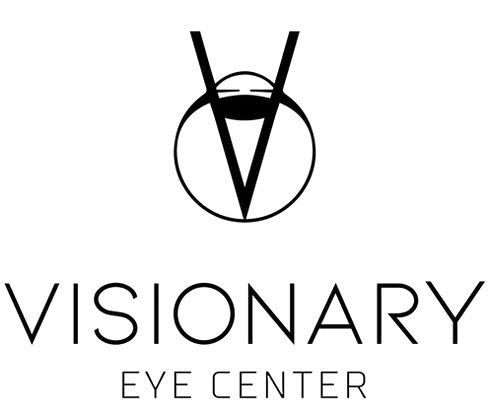
What is Vision Therapy?
Vision therapy is a sequence of neurosensory and neuromuscular activities prescribed by the doctor to develop, rehabilitate, and enhance visual skills and processing. The length of the therapy program varies depending on the severity of the diagnosed conditions. Activities paralleling in-office techniques are typically taught to the patient to be practiced at home, reinforcing the developing visual skills.
Who Can Benefit from Vision Therapy?
Vision therapy is often times the best treatment option for patients who experience deficits with eye tracking, eye teaming, eye focusing and visual processing. By addressing the underlying vision conditions, patients often experience significant improvements in visual tasks, such as reading, working on the computer for extended periods of time, scanning of the visual environment (while driving or playing sports for example) and performing under timed conditions. Vision therapy can help people at many stages of life, helping children and adults.
Symptoms one may feel:
- Discomfort (visual/eye strain, headaches, etc) during visual tasks, such as reading or computer work
- Blurred or fluctuating vision while performing near tasks (reading, computer, gaming, etc) or when transitioning focus between distance and near (such as when taking notes in class)
- Double vision, even if experienced occasionally
- Tracking difficulties that may impair reading fluency (skipping words, re-reading lines, loss of place, etc)
- Impaired depth perception that causes poor eye-hand coordination and makes a person appear ‘clumsy’
- Difficulties processing visual information, making it difficult to keep up with the pace of life, work or school
- Children struggling with reading or academic performance
Which Conditions are Treated with Vision Therapy?
Vision therapy may be used in isolation or in conjunction with other treatments to successfully remediation many vision conditions. These conditions include:
- Accommodative Dysfunction (Eye Focusing Deficits)
- Amblyopia (Lazy Eye)
- Binocular Vision Dysfunction (Eye Teaming Deficits)
- Convergence Insufficiency
- Oculomotor Dysfunction (Eye Tracking Deficits)
- Strabismus (Eye Turn)
- Vergence Dysfunction (Convergence Insufficiency, Convergence Excess, Divergence Deficits)
- Visual Perceptual Deficits (extracting information from visually-presented material)
- Visual Processing Deficits (quickly being able to ‘make sense’ of one’s visual environment)
Here are answers to frequently asked questions about the nature of vision therapy:
How does vision therapy work?
It uses progressive vision exercises performed under the supervision of your eye care provider. Each set of exercises is tailored to meet the individual visual needs of a patient. These exercises are done 1-2 times per week in sessions lasting 30 minutes to a full hour. The exercises are designed to continue until visual processing problems show improvement.
What is the purpose of the vision exercises?
Vision exercises are designed to help patients improve basic visual skills that connect the eyes with the brain. These exercises can improve visual efficiency by changing how a patient interprets images. This helps them see and understand images correctly.
Do these exercises simply strengthen eye muscles?
Nothing about vision therapy is centered on strengthening eye muscles. These muscles can be strengthened through orthoptics if they need strengthening. This therapy is all about improving vision problems that may interfere with learning by strengthening the neurological pathways between the eyes and the brain.
What is the first step in a vision therapy program?
A comprehensive vision exam is necessary before starting therapy. Following the exam, your eye care provider can determine whether or not this type of therapy is the recommended treatment for your vision problems.
Is there scientific evidence that it really works?
It does work. Studies on vision therapy show it is effective in improving the lives of patients. Data shows that this therapy can improve visual function enough to keep it from interfering with a patient's ability to absorb information and learn. In its own sphere, this therapy is as effective as physical therapy or occupational therapy.
Who typically needs vision therapy?
It can be a useful tool for helping children and adults alike. Children with learning or reading problems can benefit from the vision boost these exercises provide. Eyeglasses are not the solution when the problem is visual processing. These problems can't be detected without tests done by an eye doctor. Adults can see vision improvement through this therapy as well. It can help curb eye-strain related vision processing problems brought on by working with computers all day.


